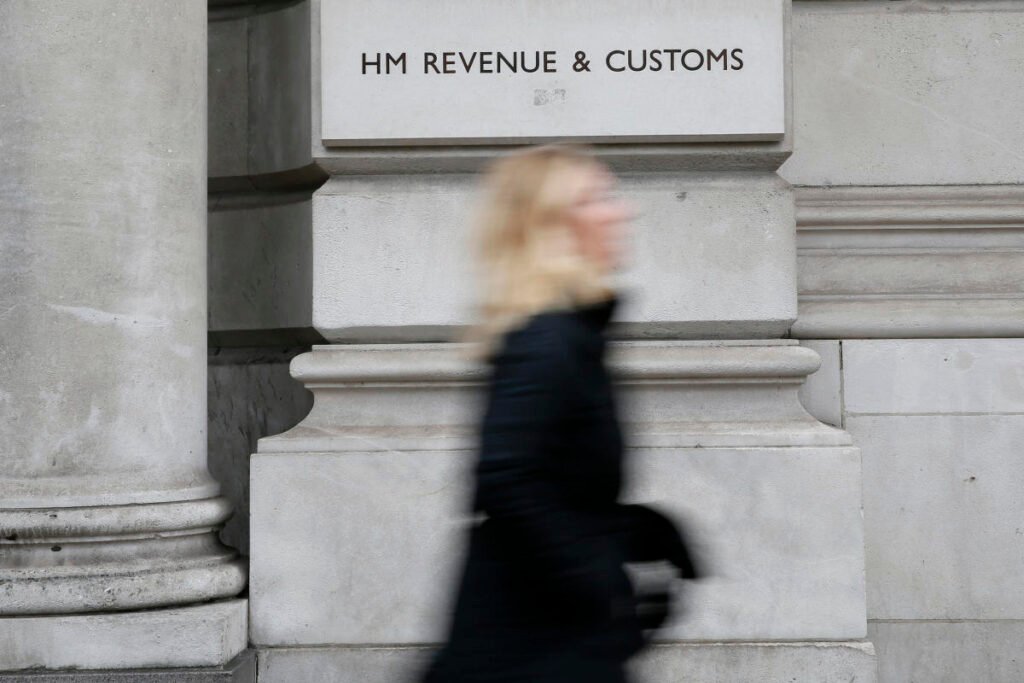HM Revenue & Customs’ customer service is at an “all-time low” and the tax authority is “struggling to cope” as phone line waiting times continue to deteriorate, according to MPs.
The average wait for a call to HMRC to be answered was 16 minutes and 24 seconds in the year to April 2023, according to the report by the Public Accounts Committee. That compares with 12 minutes and 22 seconds the previous year.
In 2022-23, 62% of callers waited more than 10 minutes to speak to an adviser, up from 46% the previous year.
“We are disappointed that services have continued to deteriorate since our last report,” the committee said.
Read more: How to protect your finances if you’re going through a divorce
Demand for the tax authority’s phone and post services was increasing by more than 10% a year, the report found, driven by rises in the number of people paying tax and the complexity of their tax affairs.
However, HMRC shut down its self-assessment helpline last summer and then reduced capacity on the helpline during winter, taking calls only from those with “priority” issues.
The report said the tax office was telling callers to use its digital services where they are available and redirecting them to online guidance.
HMRC has set itself a target to reduce incoming phone and post contact by 30% by 2025, compared with 2021–22 as more than half of the phone calls it received “are capable of being serviced through an online service instead, including webinars, YouTube videos, chatbots and web chat”.
“Almost eight years have passed since our committee challenged HMRC over its telephone lines’ holding message being one of the most streamed pieces of music in the country,” said Meg Hillier, who chairs the committee.
HMRC said its digital services provided answers to millions of queries and was “highly-rated”.
Read more: FTSE 100 LIVE: European stocks mixed ahead of US GDP data
Meanwhile, three-quarters of all customer correspondence was answered in 15 working days, “a significant improvement on the 45% in 2021-22”.
The PAC also accused HMRC of chasing taxpayers for “trivial amounts” of money while failing to go after serious criminals.
One written submission to the inquiry said HMRC had chased a small business for under £100.
Criminal prosecutions secured have fallen from 691 in 2019-20 to 240 in 2022-23. Fewer criminals being prosecuted risked sending the wrong message, the committee warned.
Watch: Loan charge: HMRC accused of ‘dangerous and sinister’ new tactics in tax crackdown linked to 10 suicides
Download the Yahoo Finance app, available for Apple and Android.

